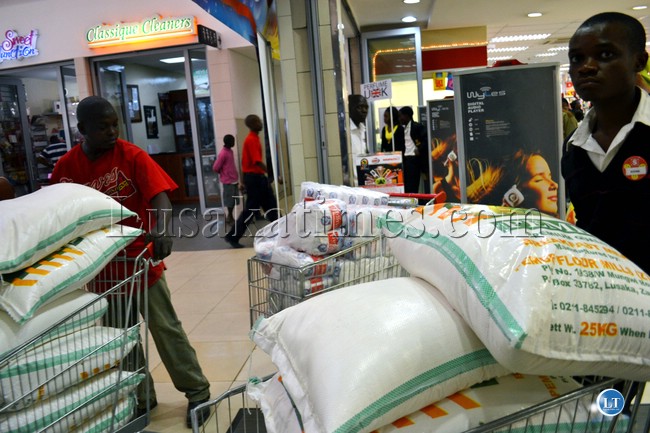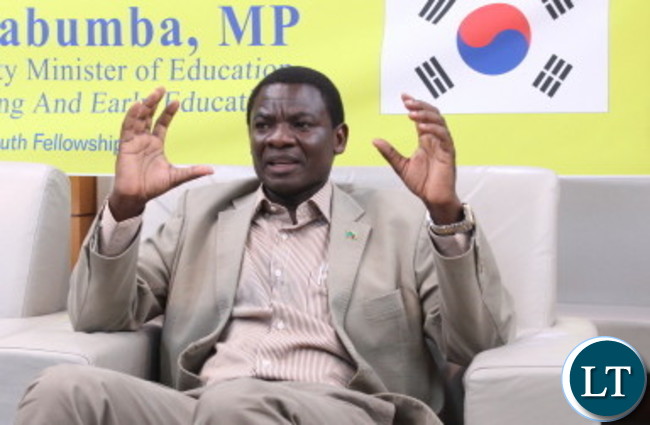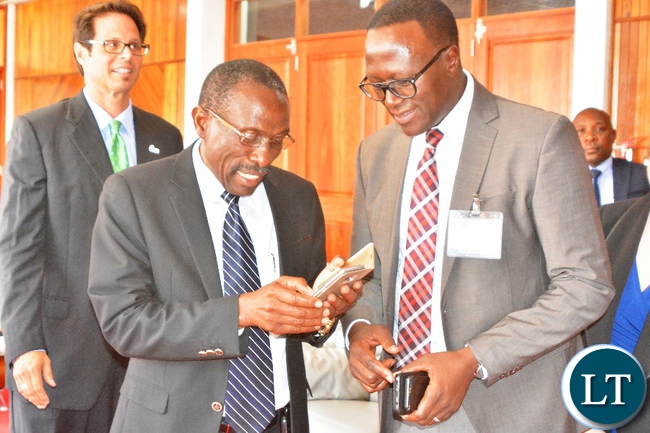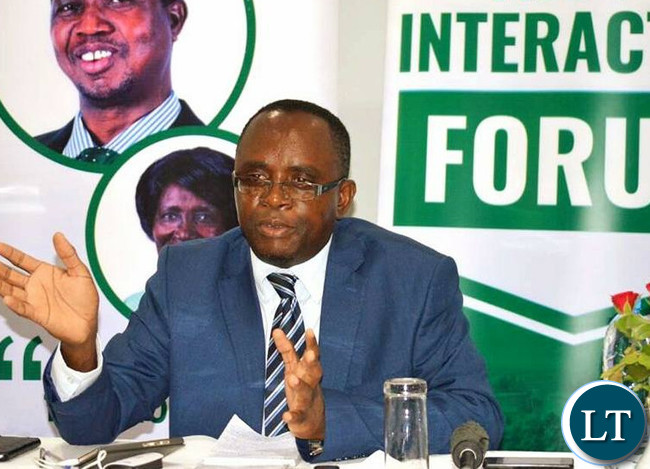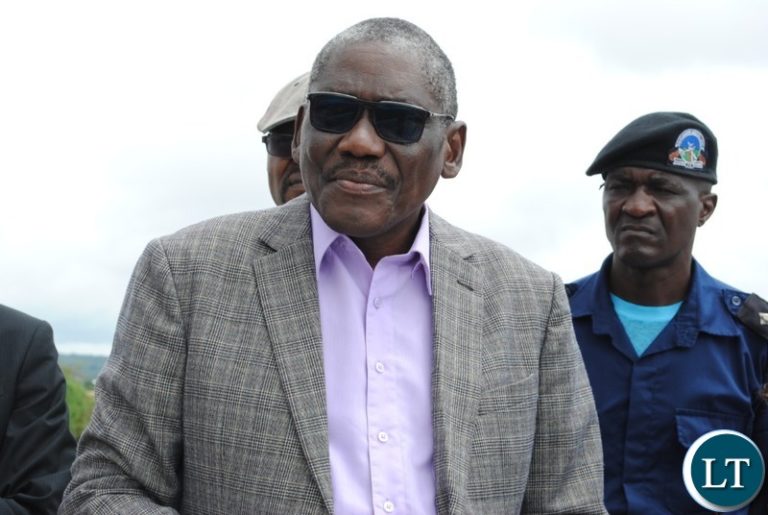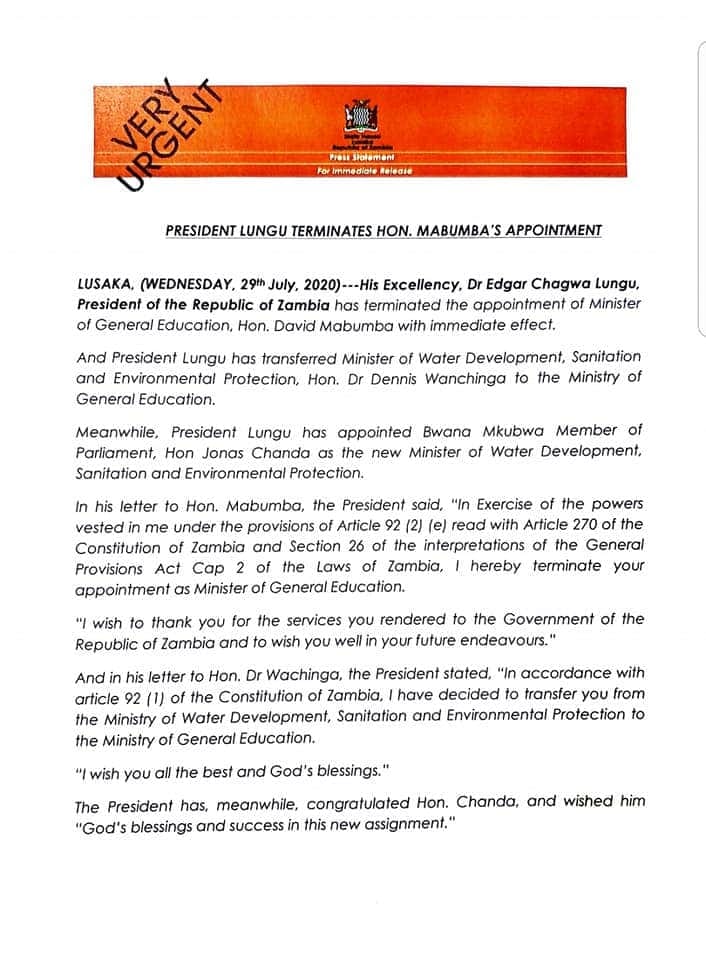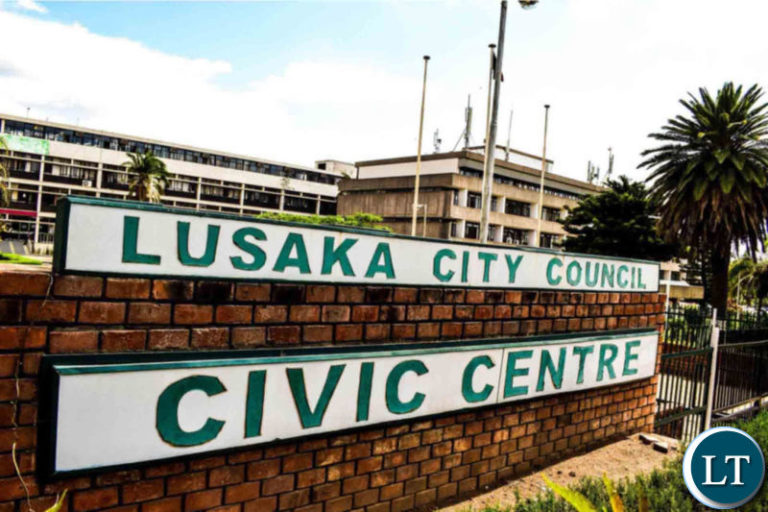No one has challenged the fact that the Minister can, per Section 56 of the Local Government Act, No. 2 of 2019, suspend the functions of “all councillors.” However, it would appear that a question has arisen with regard to the status of Mayors and Council Chairpersons, as to whether they are councillors or not. We can examine this in form of two questions, which have been raised by some civil society organisations such as Transparency International Zambia and Chapter One Foundation, which are:
- that the functions of mayors cannot be suspended since they are not councillors and
- that Section 56 is unconstitutional as it offends Article 152(2) of the Constitution.
AUTHORITIES
- Constitution of Zambia, CAP 1, Art. 152, 153, 156
- Local Government Act No 2 of 2019, Section 56
CASES
- Christopher Shakafuswa and Isaac Mwanza v. Attorney General and Electoral Commission of Zambia (2018/CC/005)
- Noel Siamoondo, Kelly Kampianga and Young African Leaders Initiative Ltd v. Electoral Commission of Zambia and Attorney General (CC Selected Judgment No. 24 of 2016).
I propose to deal with the two issues, above, as follows which seem to have been put forward in the following propositions:
1. That the performance of the functions of the Mayor, or Council Chairperson, who are directly elected by the people, cannot be suspended because the Mayor or the Council Chairperson as the case maybe, is not a councillor.
The reasoning is faulty; both the Mayors and the Council Chairpersons are councillors. Being directly elected by the people is not a reason why the functions of the mayor or council chairperson cannot be suspended. It is trite that even Ward-based councillors are also elected directly by the people, therefore the ground that these officials are not amenable to suspension by the Minister, fails since Ward-based Councillors are equally popularly elected.
The question may arise as to how we come to classify our Mayors and Council Chairpersons as councillors?
Article 153 clauses (2) and (4) clearly states [Note the provisions in bold]:
“Article 153
(2)A council shall consist of the following councillors—
(a) persons elected in accordance with clause (1);
(b) a mayor or council chairperson elected in accordance with Article 154; and
(c) not more than three chiefs representing chiefs in the district, elected by the chiefs in the district.
“Article 154(4)
A person qualifies to be elected as a councillor, excluding councillors specified under clause (2)(b),….”
The Constitutional Court in its judgment in the case of Christopher Shakafuswa and Isaac Mwanza v. Attorney General and Electoral Commission of Zambia (2018/CC/005), on pages 25 and 26, clearly stated:
Page 25 of Judgment:
“Article 153 provides for several classes of councillor; we shall confine ourselves only to the two in issue, namely, the ward based councillor provided for in Article 153(2)(a) and the mayor or council chairperson provided for in Article 153 (2)(b).”
Page 26 of Judgment:
“Thus while on the one hand a ward based councillor and a mayor or council chairperson are both councillors, on the other hand a distinction is drawn between them in terms of how a person ascends to one office or the other. Election to the office of mayor or council chairperson is provided for in Article 154.”
This should settle the contention that mayors and council chairpersons are not councillors. Both the Constitution and the Court confirmed that they are indeed councillors. Therefore, being directly elected by the people does not immunise any class of councillor from the disciplinary or other action by the Minister of Local Government. We have already established that Ward-based councillors are also elected directly by the people in their wards.
This now brings us to the question whether the Minister can suspend the performance of functions of all councillors (that is, mayors, ward based councillors and chiefs who sit on the councils).
2. Is Section 56 of the Local Government Act unconstitutional?
“Section 56 of the Act reads as follows:
(1) The Minister may, by reason of the refusal, failure or inability of a council to adequately perform all or any of its functions, by statutory order—
(a) appoint a public officer to be the Local Government Administrator for that council; and
(b) suspend ALL councillors of the council from performing all of their functions as councillors and empower the Local Government Administrator to discharge all the functions of the council.
(2) Any functions of the council discharged by a Local Government Administrator under subsection (1) shall be deemed to have been discharged by the council in accordance with this Act.
(3) The Local Government Administrator shall relinquish office on the lifting of the suspension.”
It is abundantly clear that Section 56(1)(b) above, empowers the Minister to suspend the performance of all functions by ALL councillors.
The correct question then should be, are the councillors (Mayors, Council Chairpersons, Ward based councillors, chiefs in councils) responsible to the Minister for the performance of their duties so that he can suspend such performance?
“Article 156 of the Constitution states as follows:
Councillors shall be collectively and individually accountable to the national Government and residents in their wards and districts, for the performance of their functions.”
Here it is established by the Constitution that in the performance of their functions, councillors (mayors and council Chairmen together with ward based councillors and chiefs who are elected to the council under Article 153(2)(c)) shall be collectively and individually accountable to the national Government. Accountability is a noun derived from the word “accountable” which in law means “responsible to, or answerable”. When the Constitution states that councillors, who include the mayors, are said to be accountable to the National Government, the Constitution is saying councillors understand and accept the consequences of their actions in the performance of their function, collectively and individually.
The Constitutional Court of Zambia commented on both Articles 152 and 156 of the Constitution in the case of Noel Siamoondo, Kelly Kampianga and Young African Leaders Initiative Ltd v. Electoral Commission of Zambia and Attorney General (CC Selected Judgment No. 24 of 2016).
As can be seen on page 9 of the Judgment, the petitioners had argued that “Article 152 proscribes Government and Provincial Government (which comprise the executive) from interfering with the local authority’s ability to perform its functions notwithstanding that local authorities are accountable to the national government under article 156 of the Constitution.”
On Page 24 of the Judgment, the Constitutional Court endorsed the principle of accountability of all councillors to the National Government when the court stated as follows:
“The petitioners…failed to acknowledge that councillors and their respective local authorities fall under the executive arm of government to which they report. Local Government also falls under the Executive to which it is accountable and also reports as provided in articles 151 and 156 of the Constitution.”
In short, the Court clearly stated that all councillors, individually and collectively through their councils, are accountable and report to the National Government. It is trite that councils report to the National Government through the Minister of Local Government.
Conclusion
Section 56 of the Local Government Act has the backing of Article 156 of the Constitution which demands that councillors, collectively and individually, must accept the consequences of their actions and be responsible to the National Government, represented by the Minister of Local Government. As affirmed by the Constitutional Court, Mayors and Council Chairpersons are councillors. The Minister of Local Government has statutory power to suspend the performance of functions of all councillors, as Section 56 of the Act must be read together with Articles 152 and 156 of the Constitution. The Minister of Local Government, therefore, can check the abuse of power and superintend the overall performance of functions by all councillors under the relevant provisions of the Local Government Act, including suspension of the functions of all councillors. When councillors are stopped from performing their functions by the Minister of Local Government, the Minister is by law, required to appoint a Local Government Administrator, to avoid a vacuum in the operations of a local authority.
If, indeed, TI-Zambia and Chapter One Foundation is aggrieved with the decision of the Minister of Local Government and Housing, away from the usual politics, I implore them to challenge his decision in the Constitutional Court. As seen from the above, I can guarantee such a challenge will not yield any different result as the matters already have already been clarified by the Constitutional Court.
(This commentary is rendered by a legal scholar, Isaac Mwanza, who was actively involved and a party in the two cases referred to, before the Constitutional Court. However, Isaac Mwanza does not in any way, represent the position of the National Government. Those seeking a legal opinion can consult the Law Association of Zambia or, better still, approach the Court)


